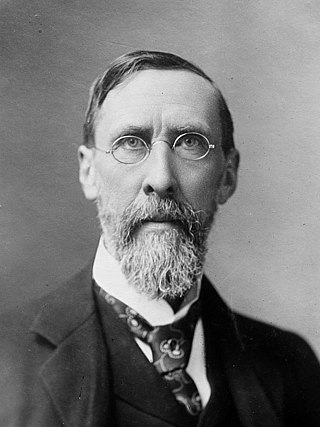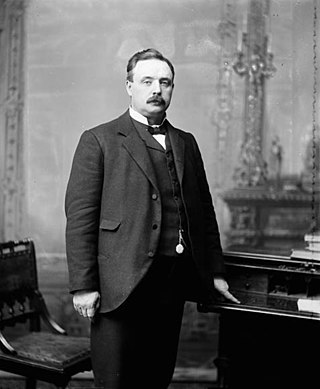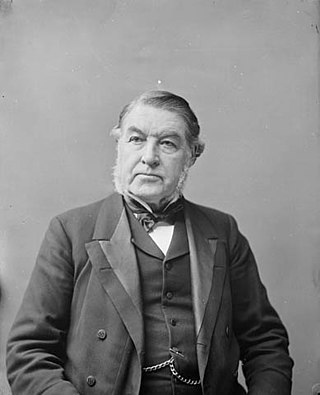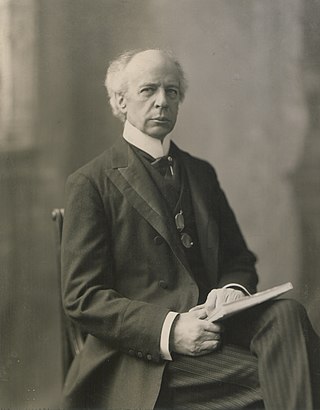This article includes a list of references, related reading, or external links, but its sources remain unclear because it lacks inline citations .(January 2023) |
This is a list of records relating to members of the Canadian Parliament.
This article includes a list of references, related reading, or external links, but its sources remain unclear because it lacks inline citations .(January 2023) |
This is a list of records relating to members of the Canadian Parliament.
The youngest ever MP is currently the former New Democratic Party MP Pierre-Luc Dusseault, elected in the 2011 Canadian federal election at the age of 19 years and 11 months for the riding of Sherbrooke. The 2011 election chose the House members of the 41st Parliament. Dusseault succeeded former Liberal Party MP, Claude-André Lachance, who was elected in the 1974 federal election, as the youngest MP in Canadian history. Lachance was 20 years and 3 months old when elected; he set the record when he was elected for the riding of Lafontaine in the 30th Parliament.
At age 20, Laurin Liu was elected to Parliament at the 2011 Canadian federal election. She represented the riding Rivière-des-Mille-Îles. In the same election, Charmaine Borg, only 10 days older than Liu, won election to Parliament as the representative of Terrebonne—Blainville. Other women under the age of 24 elected to the same parliament include Ève Péclet, at 21, for La Pointe-de-l'Île, and Mylène Freeman, 22, for Argenteuil—Papineau—Mirabel. All four of these MPs were New Democrats.
The oldest MP was William Anderson Black, a Conservative who was first elected to the House of Commons of Canada in a 1923 by-election for the riding of Halifax. At the time of election, Mr. Black was 76 years, 1 month, and 26 days old. He held his seat until his death on 1 September 1934 at the age of 86 years, 10 months and 22 days. Black began his service partway through the 14th Parliament and ended it when he died partway through the 17th Parliament.
Wilfrid Laurier was an MP for 44 years and 11 months between January 22, 1874, when he won at the riding of Drummond—Arthabaska, and February 17, 1919, when he died in office, although his tenure was not continuous. He did serve continuously for 41 years and 2 months from November 28, 1877 to February 17, 1919, at Quebec East, making him also the MP with the longest continuous service. During this period, he served as leader of the Liberal Party, in opposition and government. Laurier's parliamentary service encompassed most of the 3rd Parliament and every subsequent parliament until he died during the 13th.
Mackenzie Bowell served as a parliamentarian continuously for over 50 years. Bowell was elected to the 1st Canadian Parliament in 1867 and served continuously as the Conservative MP for Hastings North until 1892, during the 7th Parliament, when Prime Minister John Abbott recommended his appointment to the Senate. Bowell retained his position in Cabinet and became Leader of the Government in the Senate in 1893. While a senator, he served as the Prime Minister of Canada in 1894–96. After resigning as Prime Minister, he continued to serve in the Senate until his death in 1917, marking 50 years, 2 months, and 4 days of continuous service throughout the first half-century of Canada's history.
John Dahmer died on 26 November 1988, five days after being elected in the general election to choose the members of the 34th Canadian Parliament, before he could be officially sworn in as an MP. Had he taken his seat, Dahmer would have represented the Beaver River constituency as a Progressive Conservative.

Sir Mackenzie Bowell was a Canadian newspaper publisher and politician, who served as the fifth prime minister of Canada, in office from 1894 to 1896.

Deborah Cleland Grey, is a retired Canadian member of Parliament from Alberta for the Reform Party of Canada, the Canadian Alliance, and the Conservative Party of Canada. She was the first female federal leader of the Opposition in Canadian history. She currently serves on the advisory board of the Leaders' Debates Commission.

The 1896 Canadian federal election was held on June 23, 1896, to elect members of the House of Commons of Canada of the 8th Parliament of Canada. Though the Conservative Party, led by Prime Minister Charles Tupper, won a plurality of the popular vote, the Liberal Party, led by Wilfrid Laurier, won the majority of seats to form the next government. The election ended 18 years of Conservative rule.

Michael M. Fortier, is a Canadian financier, lawyer and former politician. A member of the Conservative Party, he served as Minister of Public Works and Government Services from 2006 to 2008, and Minister of International Trade in 2008 under Prime Minister Stephen Harper. Fortier served in Cabinet of Canada while a Senator, which proved controversial. In 2008, he resigned from the Senate to run for a seat in the House of Commons in the 2008 election; he placed second in riding of Vaudreuil-Soulanges.

Sir Charles Hibbert Tupper was a Canadian lawyer and politician.

Sir Richard John Cartwright was a Canadian businessman and politician.

Sir George Eulas Foster, was a Canadian politician and academic.

The 1908 Canadian federal election was held on Monday October 26, 1908 to elect members of the House of Commons of Canada of the 11th Parliament of Canada. Prime Minister Sir Wilfrid Laurier's Liberal Party of Canada was re-elected for a fourth consecutive term in government with a majority government. The Liberals lost four seats and a small share of the popular vote.
Sean Patrick Paul O'Sullivan, CM was a Canadian politician who left politics and became a Roman Catholic priest.

Walter Humphries Montague, was a Canadian politician. He was a federal cabinet minister in the governments of Mackenzie Bowell and Charles Tupper, and subsequently a provincial cabinet minister in the Manitoba government of Rodmond Roblin. Montague was a member of the Conservative Party of Canada.
Baby of the House is the unofficial title given to the youngest member of a parliamentary house. The term is most often applied to members of the British parliament from which the term originated. The title is named after the Father of the House, which is given to the longest serving member of the British and other parliaments.
Charles M. McDonald was a Canadian politician who served in the Legislative Assembly of Saskatchewan and in the Parliament of Canada. He has the distinction of having served in both the House of Commons of Canada and the Senate of Canada for less than a year.

Pierre-Luc Dusseault is a Canadian politician who was elected to the House of Commons of Canada in the 2011 federal election at the age of 19, becoming the youngest Member of Parliament in the country's history. He was re-elected in 2015 but lost his seat in the 2019 Canadian federal election.

This article is the Electoral history of Sir John A. Macdonald, the first prime minister of Canada.

This article is the Electoral history of Alexander Mackenzie, the second Prime Minister of Canada. A Liberal, he served one term as prime minister (1873–1878). He became prime minister after defeating the government of Sir John A. Macdonald on a non-confidence motion in 1873 and then winning the general election of 1874. He later lost the general election of 1878 and Macdonald returned to power.

This article is the Electoral history of Sir Mackenzie Bowell, the fifth Prime Minister of Canada. A Conservative, he became prime minister upon the sudden death in office of Prime Minister Sir John Thompson in 1894. Bowell served a short term of just over one year as prime minister (1894-1896), until he was forced to resign over the Manitoba Schools Question. He never led his party in a general election. When he died in 1917, he was one of the last surviving members of the first House of Commons of Canada elected in 1867.

This article is the Electoral history of Sir Charles Tupper, the sixth Prime Minister of Canada. A Conservative, he became prime minister upon the resignation of Prime Minister Sir Mackenzie Bowell over the Manitoba Schools Question in 1896. Tupper was the shortest-serving prime minister, with a term of only 69 days. He led his party in two general elections and lost both, to Sir Wilfrid Laurier

This article is the Electoral history of Sir Wilfrid Laurier, the seventh Prime Minister of Canada.

This article is the Electoral history of Robert Borden, the eighth Prime Minister of Canada (1911-1920).